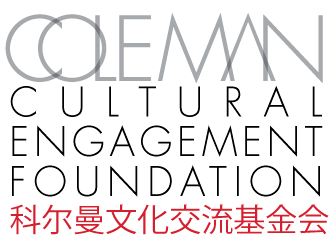Rebecca Solnit
The prolific and award winning American writer Rebecca Solnit (National Book Critics Circle Award winner, Mark Lynton History Prize winner, and Sally Hacker Prize recipient) is a border crosser. In her book of essays titled A Field Guide to Getting Lost (Penguin Books, 2005), she writes about leaving the familiar and comfortable boundaries of one’s existence and fearlessly entering new territory. Her essay, “Open Door,” begins with the story of Elijah and the tradition of Jewish homes leaving an open door for the return of the prophet during Passover, “The important thing is not that Elijah might show up someday. The important thing is that the doors are left open to the dark every year.” Then she writes, “Leave the door open for the unknown, the door into the dark. That’s where the most important things come from, where you yourself came from, and where you will go.” Walking through the door to the unknown, fearlessly and trusting your self, is about “extending the boundaries of the self into unknown territory, about becoming someone else.” The drive or the need to “get lost” is the hallmark of the border crosser. Where most are comfortable within their self-defined boundaries, the border crosser is uncomfortable with the familiar and intentionally seeks a way through Elijah’s door. The border crosser learns “how to travel.”
Continuing, “Lost really has two disparate meanings. Losing things is about the familiar falling away; getting lost is about the unfamiliar appearing. There are objects and people that disappear from your sight or knowledge or possession…. Everything is familiar except that there is one item less, one missing element. Or, you get lost, in which case the world has become larger than your knowledge of it…. The wind blows your hair back and you are greeted by what you have never seen before. …”
The above brief paragraphs hardly do justice to Solnit’s argument. I hope, however, that they might inspire you pick up a copy of her book. I highly recommend A Field Guide to Getting Lost . Ms. Solnit is a wonderful writer and an exemplary border crosser.
WC


